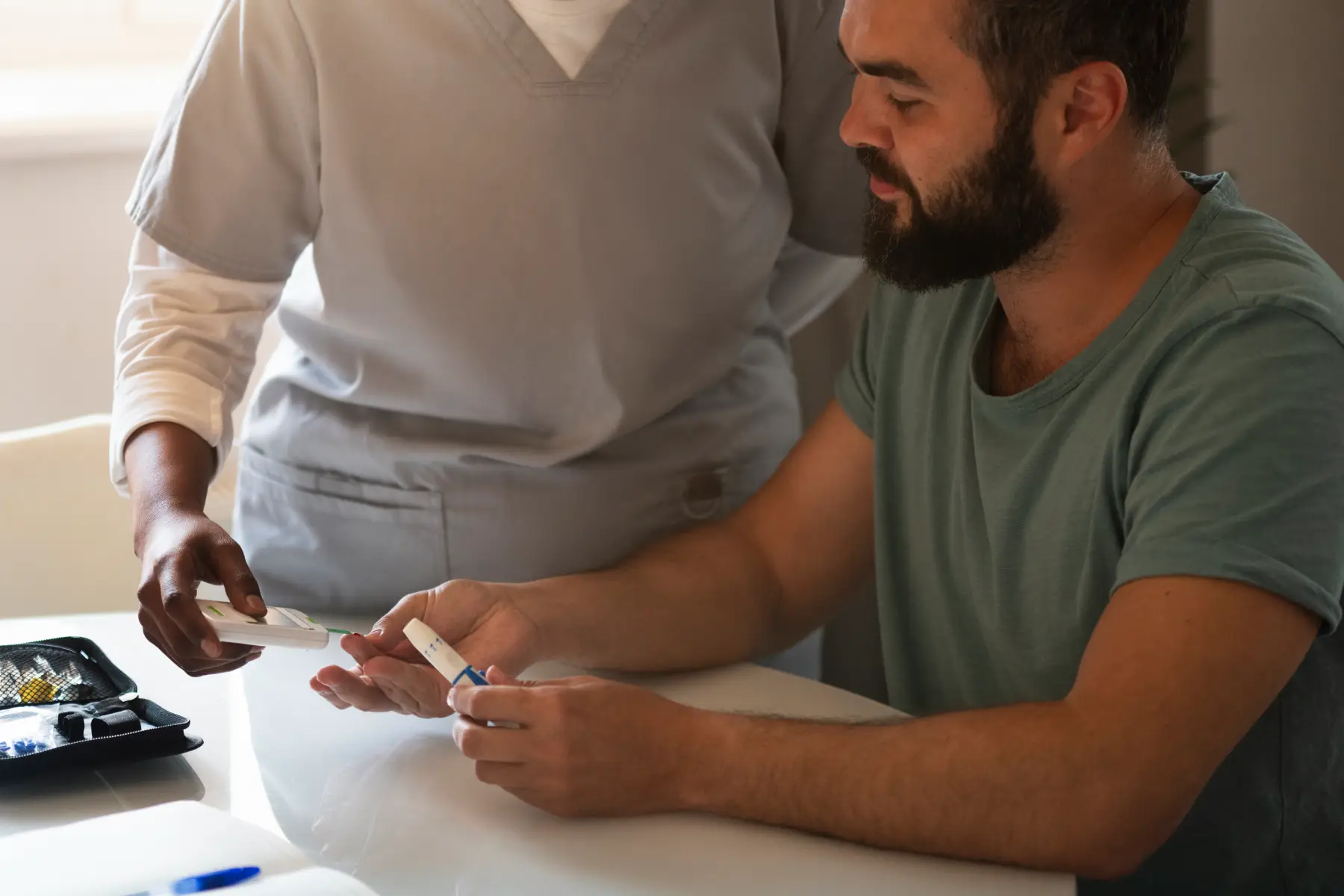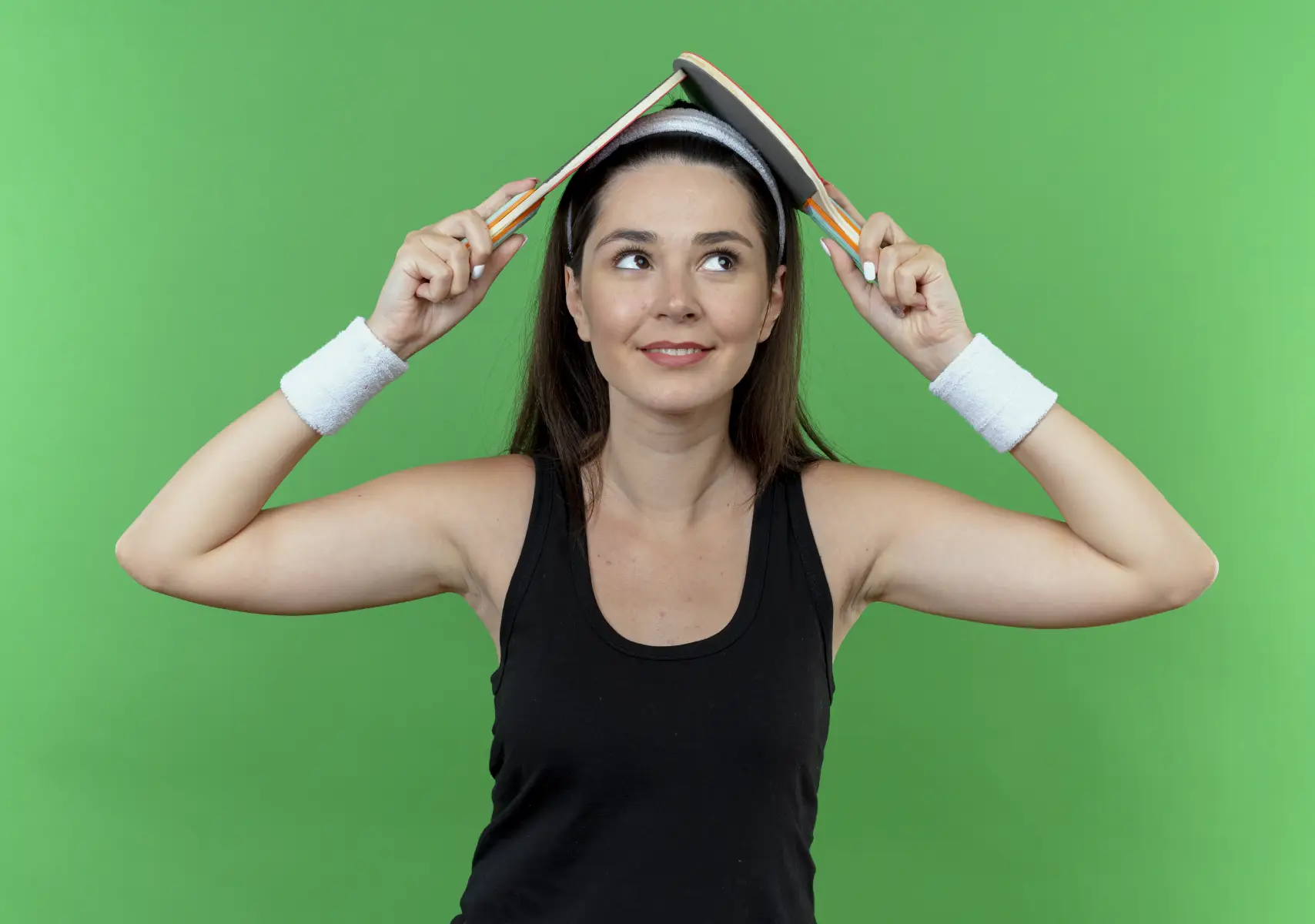Introduction to Treatment for Addiction
Addiction is a devastating condition that impacts individuals, their families, and society as a whole. Whether it involves substance abuse, such as alcohol or drugs, or behavioural addictions like gambling and gaming, addiction can severely disrupt mental and physical health, relationships, career prospects, and overall quality of life. However, recovery is possible with the right treatment and support.
Overcoming addiction is not a “one-size-fits-all” journey. Each individual’s battle with addiction is unique, which is why effective solutions often require a combination of tailored treatments and recovery support. Today’s treatments range from mental health therapies to structured rehabilitation programmes and supportive communities, making it possible for individuals to reclaim their lives.
This whitepaper delves into the available treatment options for addiction and recovery, focusing on therapeutic approaches, support groups, and essential resources that empower individuals to overcome addiction and rebuild a healthier future.
Therapeutic Approaches
Therapeutic interventions are at the core of addiction treatment. These approaches address both the physical dependencies and the psychological or emotional behaviours that contribute to addiction. Below are the most common mental health therapies and treatments used to help individuals on their recovery journey:
1. Detoxification (Detox)
Detoxification—or detox—is often the first step in addiction treatment. It involves safely managing the withdrawal symptoms that occur when a person stops using substances such as alcohol or drugs.
- Medical Supervision: Detox is typically conducted under medical supervision to address potentially dangerous withdrawal symptoms, especially in cases involving alcohol or opioids.
- Preparing for Treatment: Detox removes substances from the body, preparing individuals for long-term treatment and recovery.
Detox alone does not address the psychological causes of addiction, so it is often followed by therapy or mental health interventions.
2. Cognitive Behavioural Therapy (CBT)
Cognitive Behavioural Therapy (CBT) is one of the most widely used and effective therapeutic approaches for treating addiction.
- Identifying Triggers: CBT helps individuals identify triggers or thought patterns that lead to addictive behaviours.
- Replacing Negative Thoughts: Through CBT, patients learn to replace self-destructive thoughts with healthier coping mechanisms.
- Managing Cravings: Patients develop practical strategies to manage cravings and prevent relapse.
CBT is highly effective in both individual therapy and group settings, targeting the root behaviours behind addiction.
3. Motivational Enhancement Therapy (MET)
Motivational Enhancement Therapy is designed to strengthen an individual’s motivation to overcome addiction.
- Building Commitment: MET empowers patients to reflect on their goals and the impact of their addiction, enhancing their commitment to recovery.
- Short-Term Therapy: Often used in early stages of treatment, MET is a targeted, short-term intervention.
- Setting Priorities: Patients learn how to prioritise long-term recovery goals over immediate gratification.
MET is particularly effective for individuals hesitant or ambivalent about entering treatment.
4. Dialectical Behaviour Therapy (DBT)
Initially developed to treat borderline personality disorder, Dialectical Behaviour Therapy (DBT) is now widely used in addiction treatment.
- Emotion Management: DBT focuses on emotional regulation, which is often a trigger for substance abuse or addictive behaviours.
- Mindfulness: Teaching patients to live in the moment reduces impulsive urges and increases self-awareness.
- Building Healthy Relationships: DBT helps individuals strengthen relationships to support their recovery journey.
DBT works especially well for individuals with co-occurring mental health conditions, such as anxiety or depression, often referred to as dual diagnosis.
5. Medication-Assisted Treatment (MAT)
Medication-Assisted Treatment combines medications with therapy to treat addiction, particularly for substances like opioids and alcohol.
- Opioid Addiction: Medications like methadone, buprenorphine, and naltrexone are used to reduce cravings and block the euphoric effects of opioids.
- Alcohol Addiction: Medications like disulfiram or acamprosate can help reduce alcohol cravings.
- Counselling Support: MAT is most effective when integrated with counselling and behavioural therapies.
Medication-Assisted Treatment is evidence-based and can significantly improve recovery outcomes for individuals with severe dependencies.
6. Residential Rehabilitation (Rehab)
Residential treatment programmes provide a structured and immersive environment for recovery.
- Inpatient Care: Patients live at a treatment centre and participate in intensive therapy sessions, group activities, and educational workshops.
- Holistic Healing: Programmes often incorporate yoga, meditation, or fitness to promote physical and mental well-being.
- Round-the-Clock Support: Access to continuous care helps prevent relapse during critical early stages.
Residential rehabilitation is especially effective for individuals with severe addictions or those needing a break from environments associated with substance use.
7. Outpatient Programmes
For individuals unable to commit to a residential programme, outpatient treatments provide flexible solutions.
- Counselling Sessions: Patients attend regular therapy sessions while continuing daily routines.
- Continued Support: Outpatient care is often used after initial rehab as part of long-term support.
Outpatient programmes are ideal for those with work or family responsibilities who still require structured treatment.
Support Groups and Resources
In addition to professional therapy and medical treatment, support groups and community resources play a critical role in addiction recovery. Such groups provide guidance, encouragement, and shared experiences that help individuals stay motivated.
1. 12-Step Programmes
12-step programmes, such as Alcoholics Anonymous (AA) or Narcotics Anonymous (NA), are some of the most widely recognised support groups for those overcoming addiction.
- Peer Support: Members share their experiences and provide accountability for one another.
- Steps to Recovery: The structured programme guides individuals through stages of acknowledgment, healing, and self-reflection.
- Ongoing Commitment: Many people continue attending meetings even after achieving sobriety for ongoing support.
12-step models emphasise community and spirituality, but they are open to individuals of all beliefs.
2. SMART Recovery
SMART Recovery (Self-Management and Recovery Training) offers an alternative to traditional 12-step programmes.
- Science-Based Approach: Focuses on self-empowerment and evidence-based tools for recovery.
- Cognitive Techniques: Teaches skills for managing emotions, cravings, and addictive behaviours.
- Tailored Meetings: Meetings are tailored for various types of addictions, including alcohol, drugs, and gambling.
SMART Recovery is ideal for individuals looking for a practical, secular approach to recovery support.
3. Family Support Groups
Addiction doesn’t only affect individuals—it also has a significant impact on families. Organisations like Al-Anon or Nar-Anon provide support groups for family members and loved ones.
- Understanding Addiction: Family members learn about addiction and how they can provide positive support without enabling harmful behaviours.
- Shared Experiences: Connecting with others in similar situations reduces feelings of isolation.
Family support is crucial to fostering an environment where recovery can thrive.
4. Digital Resources and Helplines
The rise of technology has made addiction resources more accessible than ever.
- Online Forums: Platforms like Reddit’s “StopDrinking” or virtual meetings allow individuals to connect anonymously with others on similar journeys.
- Helplines: National helplines like the UK’s National Drug Helpline (0300 123 6600) offer immediate support and guidance to those struggling with addiction.
- Apps: Recovery-focused apps, such as Sober Grid or I Am Sober, provide tracking tools, inspirational content, and virtual communities.
Digital support is a valuable supplement to traditional therapies, helping individuals access guidance whenever they need it.
Conclusion
Recovering from addiction is a challenging process, but with the right treatment and support, it is entirely possible. From therapeutic approaches like CBT and DBT to structured rehabilitation programmes and community-based support groups, there are many resources available to help individuals overcome addiction and rebuild their lives.
Importantly, addiction treatment is not limited to addressing physical dependency; it also involves healing the mental, emotional, and social aspects of recovery. Support networks such as 12-step programmes, SMART Recovery, and family support groups provide the encouragement needed to sustain sobriety and navigate life’s challenges.
No matter where you are in your recovery journey, help is available. By exploring a mix of professional therapies, recovery resources, and community support, individuals can take the first steps toward overcoming addiction and regaining control of their lives.










